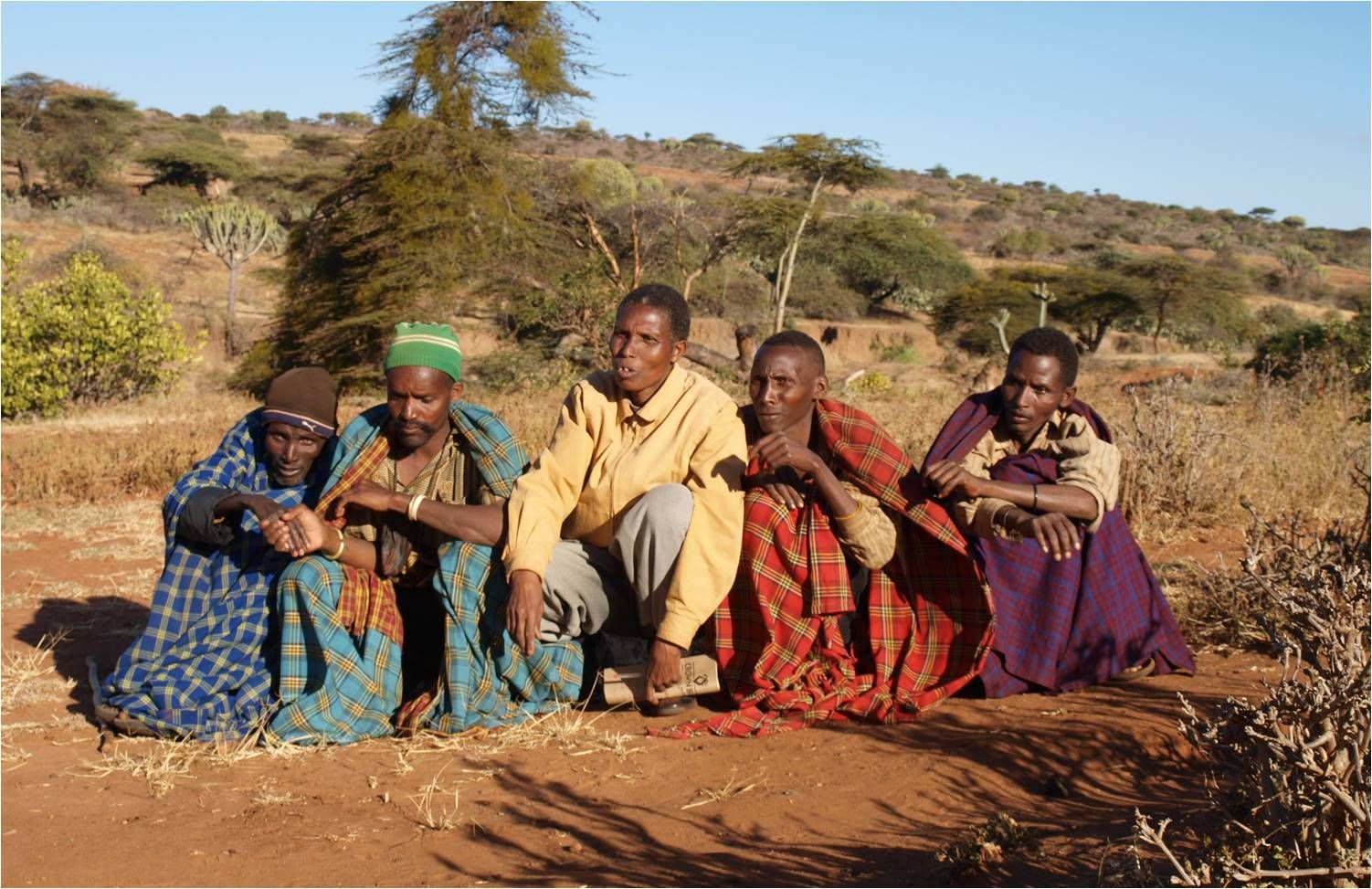Among the numerous different peoples who make Tanzania their home is the Iraqw tribe. Arusha and Manyara, both in the north, are especially good places to see them. The Iraqw people have a culture that is both distinct and deeply rooted in their history and traditions. Here, we’ll learn more about the Iraqw people of Tanzania by exploring their culture, customs, and history.
Around the 16th century, the Iraqw is said to have traveled from Ethiopia to Tanzania. When they finally found a place to call home, they took up farming and pastoralism in the Rift Valley. The Iraqw people have developed their own distinct culture in part due to the fact that their language is unrelated to any others in the area.

The language, music, dancing, and cuisine of the Iraqw people are all expressions of a rich and varied culture. A major differentiating factor in the Iraqw people is their language. To this day, the vast majority of Iraqis use this tonal language, which has its own alphabet, to communicate.
Like with every culture, music, and dance play a significant role in Iraqw tradition. They employ drums called ngomas in their traditional dances, and there are other instruments like xylophones and lyres. The Iraqw has its own dancing style as well, one that is full of precise footwork and rhythmic moves.
The Iraqw have their own distinct culinary tradition stemming from their farming techniques, and food plays a major role in their society. They cultivate a wide range of crops, from maize to beans to millet, all of which end up in staples like ugali (maize meal) and wali wa nazi (roasted pigeon peas) (coconut rice).
The majority of Iraqws rely on agriculture as their main means of support, and subsistence farming is a common occupation. Maize, beans, and millet are among the crops they cultivate, all of which find their way into their own kitchens and the local economy. They also raise cattle, goats, and sheep as part of their pastoral lifestyle.
In addition to their artistic prowess, the Iraqw people are renowned for their craftsmanship in the fields of ceramics and weaving. They make functional ceramics, including casseroles, serving dishes, and jugs in the classic style. In addition, they use native materials like sisal and palm leaves to construct baskets and mats.
The Iraqw people are also quite devout in their belief that there is a higher power responsible for creating the universe. A profound belief in ancestor worship and the continued influence of the dead is central to their culture.